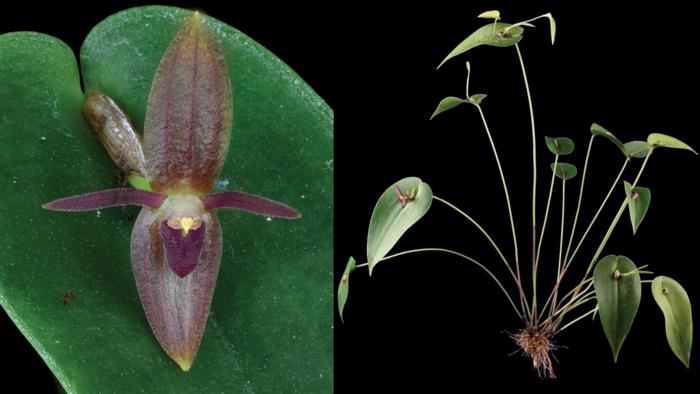Rewilding and restoration are important, but without protecting existing nature many species will disappear before they are discovered.
Scientists have identified three new species of orchid belonging to the Pleurothallis genus. Found in the cool, misty highlands of Costa Rica and western Panama’s cloud forests, the plants employ prolification to reproduce – a rare asexual method.
Pleurothallis matrisilvae, Pleurothallis pridgeoniana and Pleurothallis winkeliana produce miniature ‘plantlets’ from their flowering stems, mesning they bypass seed production and instead spread through vegetative means. This process is rarely a fixed feature within this group of flora, and is usually associated with a response to stressful environmental conditions.
According to the team behind the discovery, this particular type of asexual reproduction may be necessary due to the challenging ecological reality of cloud forests. An absence, or lack of pollinators, could also be a contributing factor.
Costa Rica is already regarded as a global hotspot for orchids, with 1700 species identified and recorded within the nation’s borders. Taking into account the three new additions, the country is now home to 67 recognised types of Pleurothallis.
However, the team claim many more variations of the genus are waiting to be discovered. This emphasises just how much is still not known about our planet’s vast and diverse ecosystem, and the risk of species disappearing altogether before they can be identified. Although Costa Rica itself has strict laws protecting its vast tropical forests, this is not the case in other parts of the world where legal and illegal logging continue to pose an immediate threat to wildlife and ecology.
Image: Karremans et al.
More Climate Change, Biodiversity, Nature & Sustainability:
North West England drought declared as reservoirs hit historic low


















